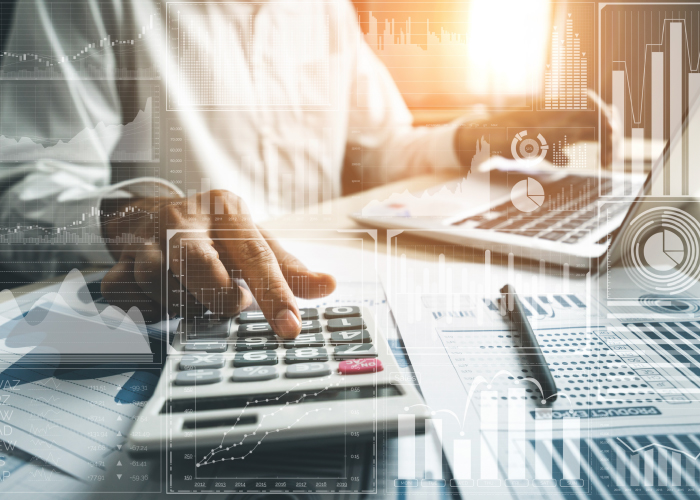
The field of accounting is rapidly evolving, and as we move into the next decade, there are several trends and predictions that are likely to shape the future of the industry. In this blog post, we will explore some of these trends and predictions for the future of accounting.
Automation and Artificial Intelligence (AI) Automation and AI are expected to have a significant impact on the accounting industry in the next decade. Advancements in technology are making it possible to automate many of the manual processes involved in accounting, such as bookkeeping and data entry. This will free up accountants to focus on more strategic tasks, such as financial analysis and decision-making. AI is also expected to play a role in data analysis, risk management, and fraud detection.
Cloud-Based Accounting Cloud-based accounting is becoming increasingly popular, and this trend is expected to continue in the next decade. Cloud-based accounting software enables businesses to access their financial data from anywhere, at any time, and on any device. This flexibility is particularly beneficial for businesses with multiple locations or remote workers. Cloud-based accounting also offers enhanced security, as data is stored in the cloud and can be accessed only by authorized personnel.
Big Data and Analytics As businesses collect more data than ever before, there is a growing need for accountants to analyse this data to identify trends, patterns, and insights. Big data and analytics will play a significant role in the future of accounting, enabling accountants to provide more strategic financial advice to their clients. This will require accountants to have a strong understanding of data analysis and data visualization tools.
Globalization and International Accounting Standards As businesses become increasingly global, there is a growing need for accountants to be familiar with international accounting standards. This trend is expected to continue in the next decade, with more businesses expanding into international markets. Accountants will need to be familiar with the accounting standards of different countries and be able to navigate the complexities of international tax law.
Cybersecurity and Data Privacy As businesses store more data in the cloud, there is a growing need for enhanced cybersecurity and data privacy measures. Accountants will need to be familiar with cybersecurity best practices and be able to advise their clients on how to protect their financial data from cyber threats.
In conclusion, the future of accounting is likely to be shaped by automation and AI, cloud-based accounting, big data and analytics, globalization, and cybersecurity and data privacy. Accountants who stay ahead of these trends and predictions will be well-positioned to provide strategic financial advice to their clients and stay competitive in the industry.